NEW TECHNOLOGIES SUCCESSFULLY TESTED TO RECOVER CRITICAL RAW MATERIALS FROM ELECTRIC VEHICLE BATTERIES
A R&D&I project launched by a consortium of 17 partners from seven countries and funded with almost 10 million euros by the European Commission has successfully tested several technologies for the recovery of critical raw materials contained in electric vehicle batteries. In addition, this project, called BATRAW, has designed a digital passport model, a requirement for batteries in electric vehicles marketed from 2026 onwards in the European Union, to ensure their traceability from production to recycling.
In its first 19 months of development, BATRAW has demonstrated the effectiveness of a technology that can deactivate these batteries, including damaged ones, regardless of their state of charge. The innovation of this method, the result of collaboration between the French Alternative Energies and Atomic Energy Commission (CEA) and the French company Orano, is its application to damaged batteries as opposed to conventional electrical discharge, which is difficult to apply to the last ones.
The project has also successfully tested various processes to improve the separation of the materials contained in the so-called black mass (a substance composed of non-ferrous metals resulting from the shredding of batteries), and to recover metals such as graphite, aluminium, and copper, with a selectivity of 90 to 98%.
In this sense, it is worth highlighting, also because of the collaboration between CEA and Orano, the combination of physical and chemical processes to efficiently separate the graphite from the active material contained in the black mass. In addition to this, a new leaching method (extraction of a substance from a solid material, after having been in contact with a liquid) of this black mass has been tested, which would significantly reduce the costs associated with the separation phases after this treatment stage.
The German research organisation Fraunhofer has succeeded in producing up to 80 kilos of black mass with a purity of approximately 95% from the shredding of household batteries, which are also the subject of this project.
Advances in traceability and reutilisation of batteries
With a duration of four years, BATRAW also focuses on research into optimising the traceability and reuse of electric vehicle batteries, in accordance with the obligations of the new EU Regulation on batteries and their waste, in application since last August. In terms of traceability, the digital passport developed as part of the project consists of a QR code that provides, in a visual and accessible way, technical information on the battery, both static data such as the model and manufacturer, and dynamic data, including its use throughout its life cycle, including repairs, maintenance and recycling. Stored on partner Minespider’s blockchain, the German company’s digital passport design aims to accommodate the wide variety of battery models available on the market.
Furthermore, the Spanish company BeePlanet has designed a first prototype battery from reused cells and modules that meets the technical characteristics of quality and safety required for the reuse of lithium batteries.
For their part, the project coordination team led by Leitat Technological Center affirms that «we are very satisfied with the extraordinary progress in innovation that we have achieved in the first 19 months of the project. The success of the first tests to recover critical raw materials from electric vehicle batteries, coupled with the proven effectiveness of a technology to deactivate these batteries, are emblematic advances for the field. These results allow us to be very optimistic about our final contribution to the circular mining demanded by the clean energies of the 21st century, among which sustainable mobility plays a crucial role.”
The consortium of partners of the BATRAW project is led by Leitat (Spain) and includes, in addition, BeePlanet Factory (Spain), Centre for European Policy Studies (Belgium), Centro de Experimentación y Seguridad Vial MAPFRE (CESVIMAP) (Spain), Comanai (Spain), Commissariat a l energie atomique et aux energies alternatives (CEA) (France), Fraunhofer Gesellschaft zur Förderung der angewandten Forschung e.V. (Germany), Ford Otomotiv Sanayi (Turkey), Indumetal Recycling (Spain), Isle Utilities (UK), Minespider (Germany), MTB Manufacturing (France), Orano (France), POSCO Holdings (South Korea), Recyclia (Spain), Renault (France) y Torrecid (Spain).




